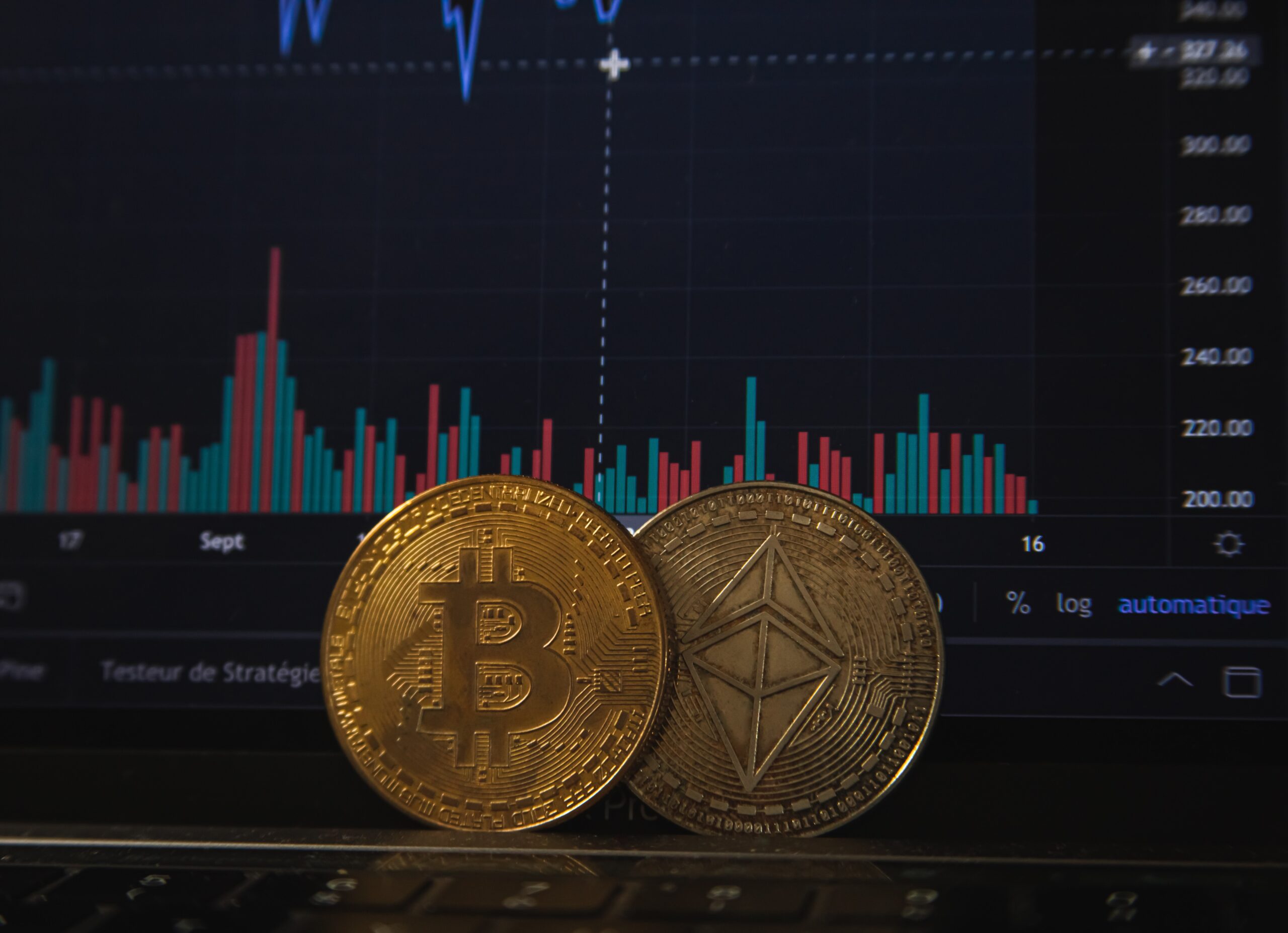Now Reading: Legal Challenges Your Blockchain Company Must Consider
-
01
Legal Challenges Your Blockchain Company Must Consider

Legal Challenges Your Blockchain Company Must Consider
A blockchain describes a decentralized public ledger for data to be stored on and distributed from. This public ledger is linked in a peer-to-peer network and is connected across multiple computer networks.
This electric storage is often preferred for transparency, speed, decentralization, and security. However, it’s not without its legal challenges. If you have a new blockchain company or business, it’s essential to be aware of these potential legal problems.
Abiding By Multiple Jurisdictional Rules
Talk to any experienced blockchain and cryptocurrency law firm like Montague Law, and they’ll say that abiding by multiple jurisdictional rules and regulations is among the most challenging parts of a blockchain business.
The nodes of a blockchain can exist across several worldwide locations. This means that transactions in a blockchain can fall within multiple jurisdictions. If those jurisdictions all have different legislations and laws, you must ensure that you comply with them.
Flaws in Cybersecurity
Many people prefer the blockchain for its security. It’s tamper-proof and described as highly secure. However, that doesn’t mean the information stored on the blockchain is. Cybercriminals can attack data input points. This can result in false information being stored.
A 15-year-old boy from the UK proved this. He developed a code that allowed backdoor access to hardware wallets. This meant that cybercriminals could change payment amounts and wallet destinations without being detected. That boy, Saleem Rashid, is now involved in security research and cryptography.
Accountability for Law Breaches
We want to be able to hold people to account when laws are breached. However, that can be hard to do when you’re dealing with decentralized autonomous organizations (DAOs). They are independent and run with minimal human interference. As a result, it’s hard to know whether they are a legal entity or nothing more than automated software. If laws were to be violated, there is a gray area for who would be liable. There doesn’t appear to be any robust answers for this problem yet.
Data Privacy Laws
Data stored on a blockchain ledger can’t be deleted or altered. This means that the blockchain is automatically non-compliant with data protection laws, like the General Data Protection Regulation of the European Union. It also goes against the California Consumer Protection Act, which enables consumers to request the deletion or alteration of their own data.
Rules Around Virtual Assets
Blockchain systems often use virtual assets like cryptocurrency and non-fungible tokens (NFTs) in their operations. Because the rules and laws surrounding such assets vary across multiple jurisdictions, this can present a challenge for blockchain businesses. They might comply in some areas and act illegally in others.
For example, virtual currencies are banned in Northern Africa and many South American and Asian countries. However, they are legal in multiple others. In some countries, they are taxed; in others, they are classed as legal tender. If you live in India, you’ll be paying a 30% tax on income generated from virtual assets. You’ll need to brush up on the ever-changing blockchain laws to ensure your business operates within the confines of the law.
Starting your own blockchain business can be an exciting prospect, but it’s not without its legal challenges. These are just a few of the many you might need to consider before going full steam ahead with your business launch.










